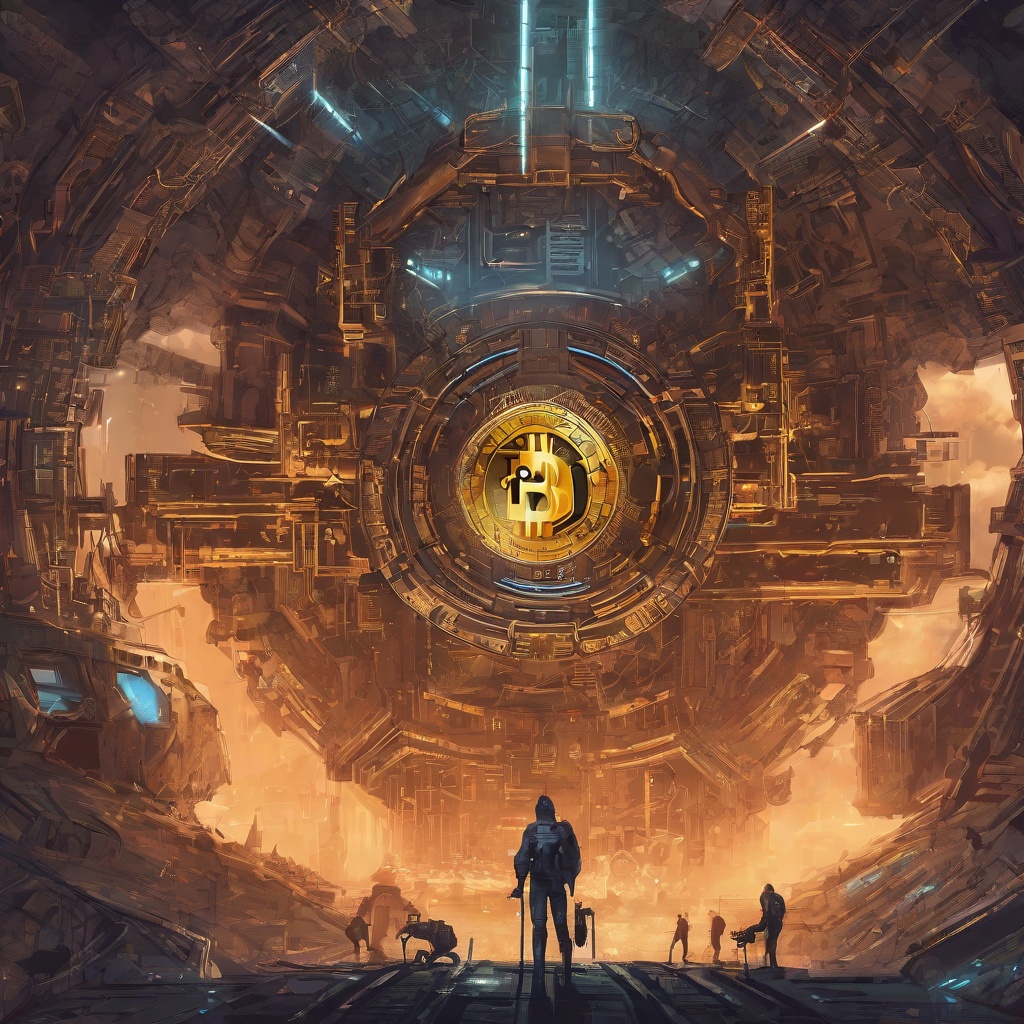Could you please explain to me what the supply limit for
Bitcoin entails? I've heard that there's a finite number of Bitcoins that can ever be created, but I'm not entirely sure how that works or what the exact number is. Is there a specific algorithm that governs the creation of new Bitcoins, and if so, how does it ensure that the total supply remains capped? I'm interested in understanding the implications of this limit on Bitcoin's value and its potential for future growth.

7 answers
 Lorenzo
Sat Aug 31 2024
Lorenzo
Sat Aug 31 2024
Each Bitcoin is divisible into smaller units called satoshis, allowing for greater flexibility in transactions. However, the total number of Bitcoins that can ever exist remains fixed at 21 million.
 Giulia
Sat Aug 31 2024
Giulia
Sat Aug 31 2024
Bitcoin's defining characteristic lies in its finite supply. In stark contrast to traditional currencies, which are subject to inflationary pressures due to their limitless printability,
Bitcoin operates under a strict cap of 21 million coins.
 GangnamGlitzGlamour
Sat Aug 31 2024
GangnamGlitzGlamour
Sat Aug 31 2024
The gradual release of new Bitcoins through mining incentivizes miners to secure the network while simultaneously controlling the rate of inflation. As more coins are mined, the reward for mining decreases, ensuring a steady pace of issuance.
 benjamin_stokes_astronomer
Sat Aug 31 2024
benjamin_stokes_astronomer
Sat Aug 31 2024
The journey towards reaching the 21 million limit is a lengthy one, with the last Bitcoin expected to be mined around the year 2140. This predictable schedule of issuance fosters trust and stability within the Bitcoin ecosystem.
 Stefano
Sat Aug 31 2024
Stefano
Sat Aug 31 2024
This cap ensures scarcity, a fundamental economic principle that drives value. As demand for Bitcoin rises, its limited supply creates a natural upward pressure on prices, akin to a commodity with dwindling reserves.

